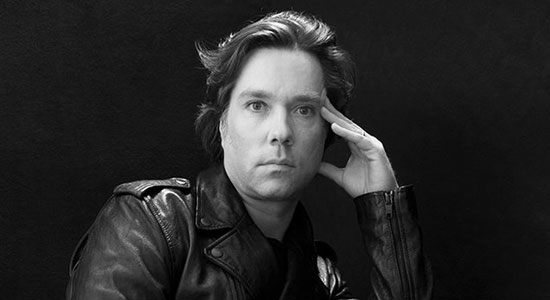
Despite the Mark Ronson-produced Out Of The Game in 2012, Rufus Wainwright’s last decade has been best spent away from the strictures of pop. Or what he thinks of as pop, with his epic conglomeration of smartly literate baroque cabaret, chamber music, Bacharach-ania, ’70s disco and ’60s theater song rolled up into sets of eerily elegant chord changes and topped with a winding vocal technique, all exclusive to the Wainwright aesthetic.
Along with Judy Garland’s stagey catalog and the solitary, classicist-inspired All Days Are Nights: Songs For Lulu (dedicated to the passing of his mother, Kate McGarrigle), his crotchety opera about a proud diva’s decline (Prima Donna) and his slow, quirky scores for the mini-movies of Shakespeare’s romantic sonnets (Take All My Loves: 9 Shakespeare Sonnets) have lured the lofty composer from pop’s wiles. Or has it?
Both penned (predominantly) for other vocalists and speakers, each album benefits from Wainwright’s cosmopolitan élan beyond the traditional music’s usual form. Wainwright’s catty, tonic chords and melancholy intimacy give Prima Donna singers Janis Kelly and Kathryn Guthrie, plus the stirring BBC Symphony Orchestra, pop form without ever turning the album into slick, sad popera.
The same can easily be said for the gorgeously (but sparely) orchestrated rococo stylings of Take All My Loves. Blending the feel of 18th-century continental Europe with minor-key nods to present day Broadway and pop song (Wainwright brought in his Want co-conspirator Marius de Vries for backup), Take is temporarily modern. An array of dramatic voices committed to recitation (Helena Bonham Carter, William Shatner, Sian Phillips, Carrie Fisher) and several charmed, operatic voices (Martha Wainwright, Fiora Cutler, Florence Welch) subdue themselves for the sake of deeply passionate but coolly controlled sensuality. Whether in the flesh (he sings in that bassoon-like croon of his) or behind-the-scenes, each work is all Wainwright.
—A.D. Amorosi






